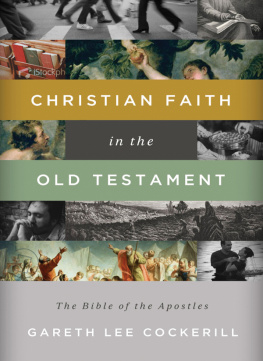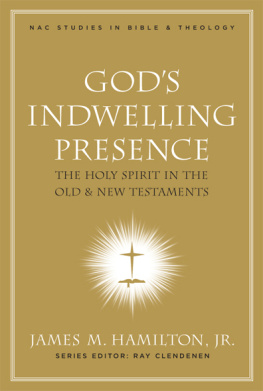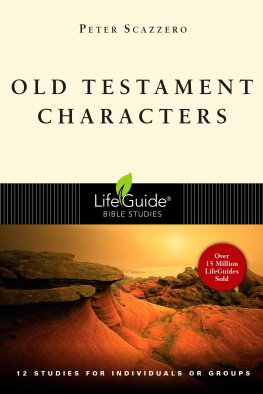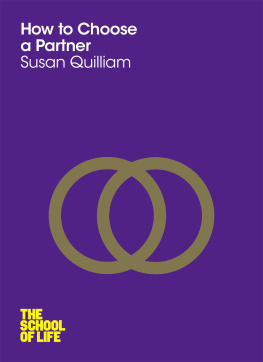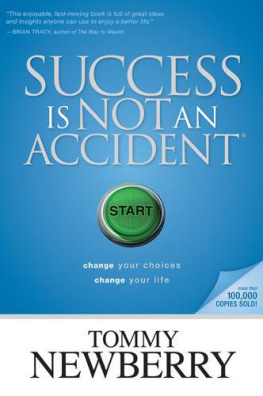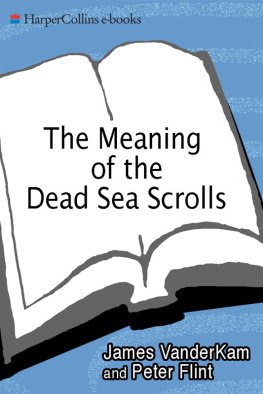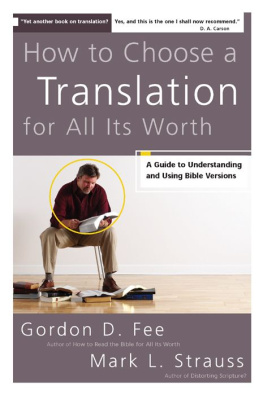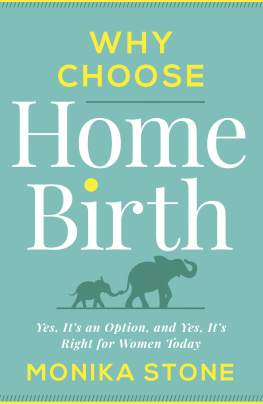You Did Not Choose Me,
But I Chose You
On the nature of Christian faith:
Why we believe and what we
are supposed to do about it
By Peter Zelinski
www.peterzelinski.com
Copyright 2018 by Peter Zelinski. ISBN 978-0-9847477-5-7. Cover: Detail from Study for Nicodemus Visiting Jesus by Henry Ossawa Tanner (1899).
Scripture quotations, unless otherwise indicated, are taken from the Holman Christian Standard Bible. Copyright 1999, 2000, 2002, 2003, 2009 by Holman Bible Publishers. Used by permission. Scripture quotations marked NIV are taken from the Holy Bible, New International Version, NIV. Copyright 1973, 1978, 1984, 2011 by Biblica, Inc. Used by permission of Zondervan.
To my daughters
Be transformed by the renewing of your mind.
Romans 12:2
For God so loved the world that he gave his only begotten son that whoever believes in him shall not perish but have eternal life.
John 3:16 KJV
For God so loved the world that he gave his one and only Son, that whoever believes in him shall not perish but have eternal life.
John 3:16 NIV
For God loved the world in this way: He gave his one and only Son, so that everyone who believes in him will not perish but have eternal life.
John 3:16 HCSB
You did not choose me, but I chose you. I appointed you that you should go out and produce fruit and that your fruit should remain, so that whatever you ask the Father in my name, he will give you.
John 15:16
Therefore, brothers, by the mercies of God, I urge you to present your bodies as a living sacrifice, holy and pleasing to God; this is your spiritual worship.
Romans 12:1
Contents
One cannot choose to be born.
To misunderstand why we believe is potentially to misunderstand your mission.
It took nearly the entire first century to understand who had lived among us.
Nicodemus had high regard for Jesus, but was not a believer in Christ.
He has saved according to his grace, given before time began.
Who were the believers to whom Jesus drew near?
He has done so from the beginning.
Infinite torment is not real.
You can know this about yourself. You cannot know it about another.
When the apostles were with Jesus, they had not yet been born again.
The world had you in its spell, so you were taken against your will.
Gods aim, and his aim for his chosen, is presented all throughout scripture.
The belief of the sheep finds its full explanation in Jesus.
Look upon death and live.
Jesus spoke of life, and not just life after death.
The world will be remade through our decision to choose freedom and life.
If you love me, keep my commands is not a dare, but the solution to a problem.
The commands of Christ advance indiscriminate love.
Evangelism is not proselytizing. Evangelism is feeding sheep.
Make your life not a sacrifice, but a living sacrifice. Jesus gives permission.
Our focus is on the gift.
* * *
MEDITATIONS
* * *
Introduction
Your Mind Was Changed
This book was written to Christian believers. Its subject is Christian belief. The basis of this book is one simple idea: You did not choose to be a believer. We who cherish a relationship with Jesus Christ, we who believe in Jesus Christ as Lord and believe in his bodily resurrection, did not choose this belief, because it is not possible to humanly choose this. We believe because God chose us to be his believers.
Further, he chose us for salvation through this belief. Not all are chosen, but we were called out to believe. We didnt do anything to deserve the call; the choice was made beyond the world and before our lives on earth began. All of the ways we have each chosen to obey or follow Christ in our lives came later. We do make choices as believers, but first we have to believe. And your experience of belief in Christ began in that moment or that season in which God, according to Gods timing, awakened the belief that he had predestined you to possess from the beginning.
Of course, this is a strange idea. It is strange to many, at least. The modern, churchgoing Christian routinely believes something quite different. The modern Christian often takes it for granted that belief in Christ is a personal decision that he or she made, and therefore a personal decision that should be urged on others. Yet the authors of scripture did not see the matter that way, and sometimes stated the point explicitly. Their understanding of faith as something given by God, outside the bounds of any human choice, can be seen in Ephesians 1, 2 Timothy 1, Luke 14, John 3, John 6, John 10, and John 15, among other biblical texts we will take up in the course of this book.
But there is more. The purpose of this book is not to cluckingly correct a misapprehension. I hope you find far more value in the book than that. Beyond explaining your election as a child of God, this book also explores the meaning of that election in terms of Gods purpose for your life. He has a reason for choosing us. He had a purpose in choosing you.
Coming to understand my own faith as Gods choice rather than mine has set me free to seek and recognize the purpose written into my life, and to walk in it more committedly. Doubt and perplexity once muddled my experience of belief. Coming to understand my faith as Gods gift rather than my exertion has cleared much of that away, releasing the joy and the power that are the natural and normal expressions of faith. I wrote this book to try to give words to this. I wrote this book in the hope that the ideas in this book will find their way to other Christian believers who will find the same life in these ideas that I have found. I wrote this book in the hope that others, and the kingdom of God along with them, might benefit from the same liberation.
* * *
I will not be advancing this books premise under the banner of others who have also advanced it. That we believe because we are predestined to believe is not a new idea. As I say, scripture speaks of it, but readers who are familiar with the idea likely also know that church leaders through the centuries have championed it in various ways. Certain movements are commonly associated with a predestinationist view of faith, the labels for two such movements being Calvinist and Reformed. My intent in this book is not to take up either of those labels or champion any of those movements, largely because I am not sure the leading voices of those movements would happily lend me their banner. For the most part, I tell a different story than they do. I describe Gods choosing and awakening of the believers within the context of a particular aim God is working through the world, an aim we find running through scripture. Moreover, I assert and defend a particular view about how we should understand all of the people we share the world with who are not believers in Jesus Christ. Has God specifically rejected those people whom he has not chosen for belief? Has he doomed these people to suffer in hell forever? No and no! I will have much to say about this. I believe some of the most basic contemporary Sunday-morning assumptions about the world, the people in it, and the afterlife all need to be re-examined, and the Bible is our guide to this examination. I have written this book to believers, but as you read it, I expect you will come to see that this is a book about nonbelievers every bit as much as it is a book about those of us who have been given belief.
I also affirm human free will. That affirmation further serves to separate the ideas that this book offers. The predestinationist view of faith is often presented within a view that says God predestines everything, including sin and evil. That is not the view of this book.
Next page

